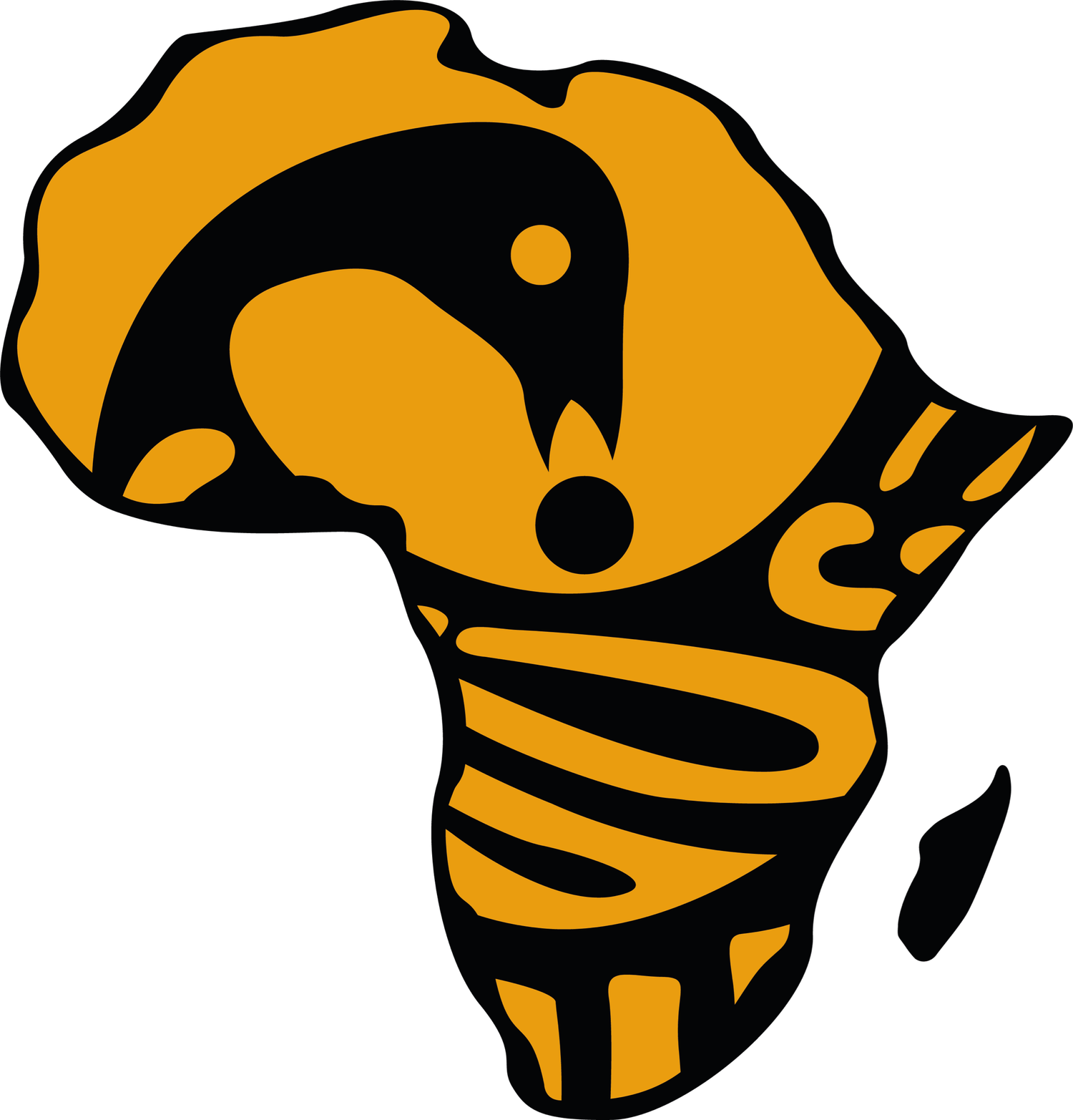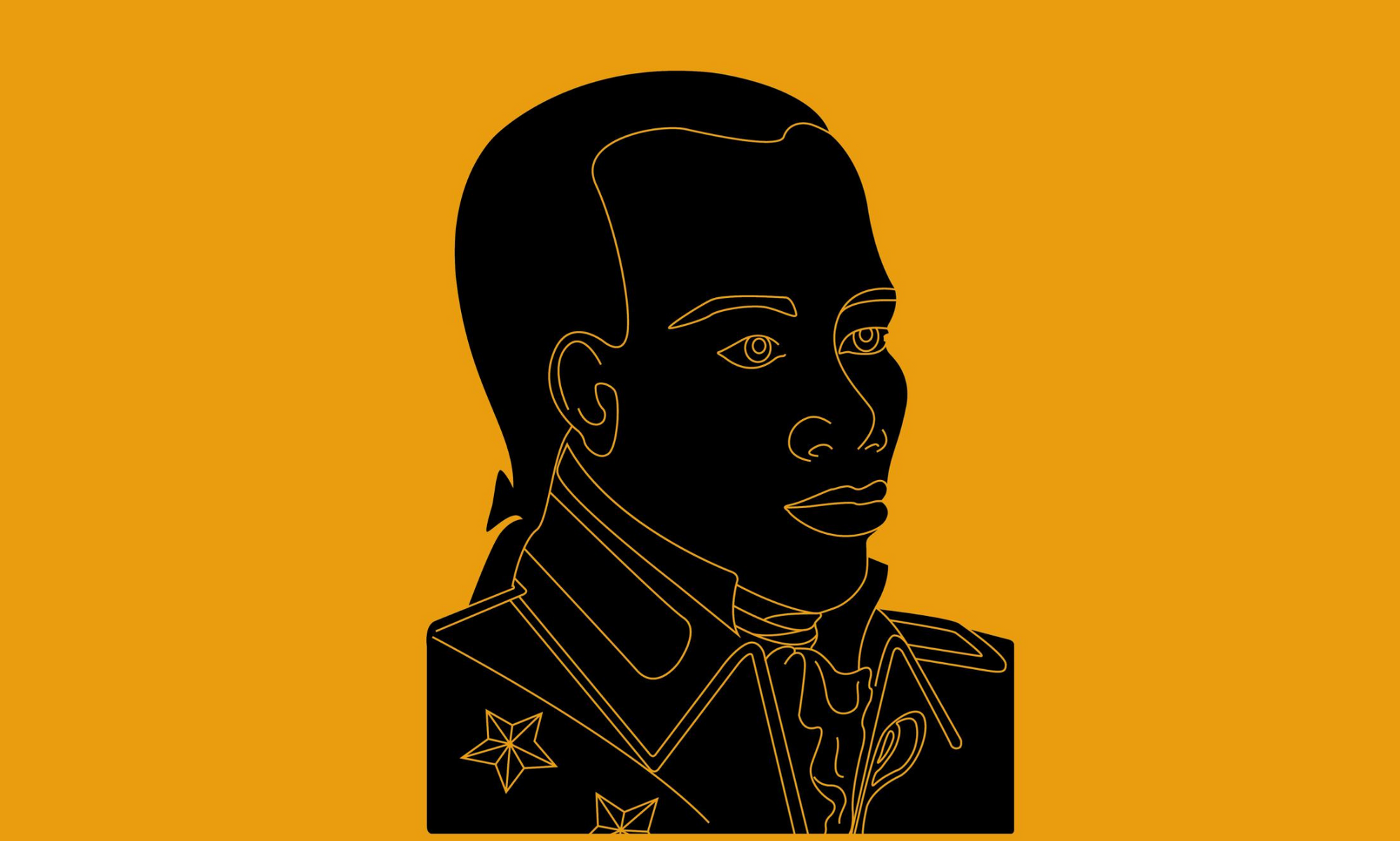Who was Toussaint L'Ouverture?
Click here to download this lesson in slideshow format
Welcome to the Introduction To The Haitian Revolution Lesson 2: Who was Toussaint L’Ouverture?
In this lesson, you will learn about:
The life of Toussaint L’Ouverture
The height of the revolution
The involvement of France, Spain and Britain
Objectives
By the end of this lesson, you will understand:
Who Toussaint L’Ouverture was
What was significant about Toussaint
How Toussaint got involved in the revolution
Why Spain got involved in the revolution
Why Britain got involved in the revolution
How each European power was defeated
What happened to Toussaint
Once the Haitian Revolution had begun, multiple leaders worked together to coordinate the island-wide uprising. The most important of these leaders was Toussaint L’Ouverture. Toussaint was born in Saint-Domingue and was deemed to be a “creole”, meaning he was born in a French-speaking colony. His father was an African leader who was captured during war and enslaved. However, due to being a man of high status in Africa, his enslaver afforded him privileges, allowing him to use other enslaved Africans to cultivate a plot of land for himself.
Toussaint was the eldest of his father’s eight children and was given the last name Bréda. Like his father, Toussaint was also afforded certain privileges, learning to draw and read at an early age. His father also gave him medicinal knowledge, teaching him which plants treated diseases. However, he was frail and delicate as a child, earning the nickname “Little Stick.” Despite this, Toussaint strengthened both his mind and his body, and by age 12 he could swim across dangerous rivers, jump on a horse at full speed and had a host of athletic feats.
Sometime later Toussaint was placed in charge of the livestock of the Bréda plantation. He was eventually given limited freedom, working on the plantation while simultaneously renting his own plot of land. Like his father, he used a small number of enslaved Africans to cultivate his own land.
Giving Toussaint reading privileges was a grave mistake by the enslavers, as he began to read all sorts of stories about rebellion. The works of Abbé Raynal on the politics of Europe gave him knowledge of the colonial system, and books on the French and American revolutions gave him inspiration. Toussaint was also a Catholic and read the Bible extensively, likening himself to a messiah.
When the Revolution began, Toussaint was 48 years old, and was known in the area as “Old Toussaint.” Although in contact with some of the leaders at the start, he joined the revolution a month later and was appointed the chief physician due to his medicinal knowledge. However, his knowledge of politics and the colonial system quickly enabled him to rise to the rank of Brigadier-General. He started to train an army that would be adequate to face the European colonists and, upon replacing Bréda with the name L’Ouverture (meaning “the opening”), he declared freedom for all.
Revolutionaries across the island freed tens of thousands of slaves by killing slave owners and burning down plantations. The French then sent their military to Saint-Domingue, hoping to quash what they thought was merely a slave rebellion. However, they quickly found that the organised insurgents had become a devastating army. As the French began to advance on the island, the Spanish saw this as an opportunity to seize France’s colony.
The French colony of Saint-Domingue was the western portion of a large island called Hispaniola. The eastern portion of the island was known as Santo Domingo and was controlled by the Spanish. As war between the Black insurgents and the French colonial military ensued, Spain attempted to gain control of the entirety of Hispaniola. Realising this, Toussaint allied his troops with the Spanish, defeating the French army in the process. It was at this point that Toussaint became the outright leader of the revolution.
On 29 August 1793 he declared to the people, “I am Toussaint L’Ouverture. My name is perhaps known to you. I have undertaken vengeance. I want Liberty and Equality to reign in Saint-Domingue. I work to bring them into existence. Unite yourselves to us, brothers, and fight with us for the same cause.” Using his tactical genius, Toussaint switched allegiances once more, battling and defeating the Spanish army.
In September 1793 the British arrived in Saint-Domingue, attempting to seize the colony for themselves. However, Toussaint’s army were now very experienced in battle and, applying the same guerilla tactics that previous groups had employed both throughout the Americas and in Africa, completely destroyed the British. Toussaint now had another incredible general named Jean-Jacques Dessalines at his disposal.
Toussaint effectively became the political ruler of the insurgents. However, he grew tired and lenient as the revolution wore on, and many became disgruntled with his actions. He sent many ex-slaves back to work on plantations and people started to think he had pro-French leanings. His nephew and general, Moïse, even launched a rebellion against what was seen as forced labour, and Toussaint had him executed. Even his friend and right-hand man Dessalines began to question his actions.
In 1801 the French, now under the rule of Napoleon Bonaparte, decided to reinvade the island to once again install slavery. Napoleon sent his brother-in-law, General Charles Leclerc, to the island with an army. Leclerc and his officers then enticed Toussaint into meeting with them. Upon meeting, they then arrested him. It has been said that Toussaint knew of Leclerc’s intentions yet allowed the arrest to happen anyway. Perhaps, at 58 years of age, he was tired of war.
Toussaint was then forced onto a ship headed for France. While boarding, he uttered the words, “In overthrowing me, you have cut down in Saint-Domingue only the trunk of the tree of liberty of the Blacks; it will grow back from the roots, because they are deep and numerous.”
In the French prison, Toussaint was barely fed and the temperatures inside the cell were freezing. He eventually died from a combination of pneumonia and starvation on April 7th 1803. However, his revolutionary spirit was channelled by his former army as they continued to fight for freedom. Upon hearing of his death, Jean-Jacques Dessalines stated that Toussaint’s soul was on its way back to Africa to take command of the army of the dead.




